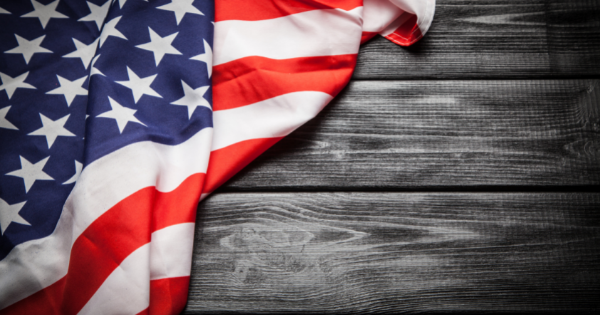
Find out how Asia Outbound can introduce you to new intermediaries for your project or services.
An official from the administration of Democratic Gov. Janet Mills joined Maine’s largest business lobby to testify against a proposal that would close loopholes allowing corporations to stash profits in offshore tax havens.
“An Act To Prevent Tax Haven Abuse,” introduced on Thursday by state Rep. Denise Tepler (D-Topsham) to the legislature’s Taxation Committee, would require multinational corporations with sales in Maine to claim U.S.-based profits when they file their Maine taxes, rather than try to hide profits in offshore tax-havens.
“Taxes are a shared obligation for all Mainers and Maine businesses. They are the price we pay to create a just society,” Tepler said. “This current form of tax cheating passes the burden of supporting our schools, roads, bridges, and state parks to those who do pay their fair share. In fact, those using this loophole force others to pay more.”
The bill is supported by a coalition of progressive advocacy organizations, Mainers for Tax Fairness, which lined up speakers to make the case to committee members that ending the tax-dodging scheme would create a fairer tax code that could pay for long-standing unmet needs in health care, childcare, education, housing, food security, local services, and infrastructure.
“Children, youth, and adults remain on waitlists for critical care and treatment because the state does not have the funding to shore up the system and reduce the growing treatment waitlists,” said Jennifer Christian of the Alliance for Addiction and Mental Health Services. “All the while corporations are not paying their fair share into our state economy. The inequity of the system ripples out and mostly affects the people with the least.”
“Over the last year, many flaws in our system came to light. It is now more clear than ever how childcare, paid family and medical leave, and access to health care and public health systems are essential parts of our state infrastructure,” said Destie Hohman Sprague of the Maine Women’s Lobby. “A fair and just tax code is also part of the state infrastructure and can help us make the investments we need for a sustainable recovery.”
The Maine Center for Economic Policy reported in 2020 that Maine loses up to $52 million per year as a result of tax haven abuse. Nationally, Fortune 500 companies hide an estimated $2.6 trillion in offshore profits.
The bill would also allow the state to regularly update the list of known tax havens, to ensure the state can keep up with corporate tax avoidance efforts.
In testimony against the bill, both the Maine State Chamber of Commerce and a member of the Mills administration argued that maintaining a list of known tax havens amounted to a blacklist.
“The bill would create a blacklist of countries labeled as tax havens — countries where there is a premise that companies are avoiding paying taxes on incomes generated,” said Linda Caprara, the chamber’s government relations specialist, claiming this was “a threat to our state’s international relations.”
Daniel D’Alessandro, staff attorney for the Maine Revenue Service, also equated the proposal to a blacklist. He further argued that many offshore tax avoidance schemes were addressed by former President Donald Trump and congressional Republicans in their 2017 tax overhaul.
“Since the enactment of the federal Tax Cuts and Jobs Act of 2017 states have shifted away from using tax haven blacklists such as the one proposed in favor of other approaches,” D’Alessandro said in testimony against Tepler’s bill.
The administration’s opposition comes despite the fact that Maine Democrats made ending tax havens a core plank in their opposition to former Republican Gov. Paul LePage. In 2014, Democrats led a rally inside the State House pressuring LePage to sign a bill closing tax haven loopholes.
Several similar bills have come before state lawmakers in the years since.
“This bill has been introduced to this committee each term for at least the last several. Why does it keep coming back? It keeps coming back because it’s a question of tax fairness,” Tepler said.
“Is it fair that some Maine incorporated businesses with more resources than others can hide a portion of their profits offshore in other countries?”
